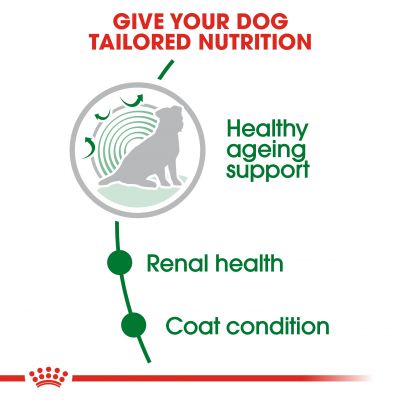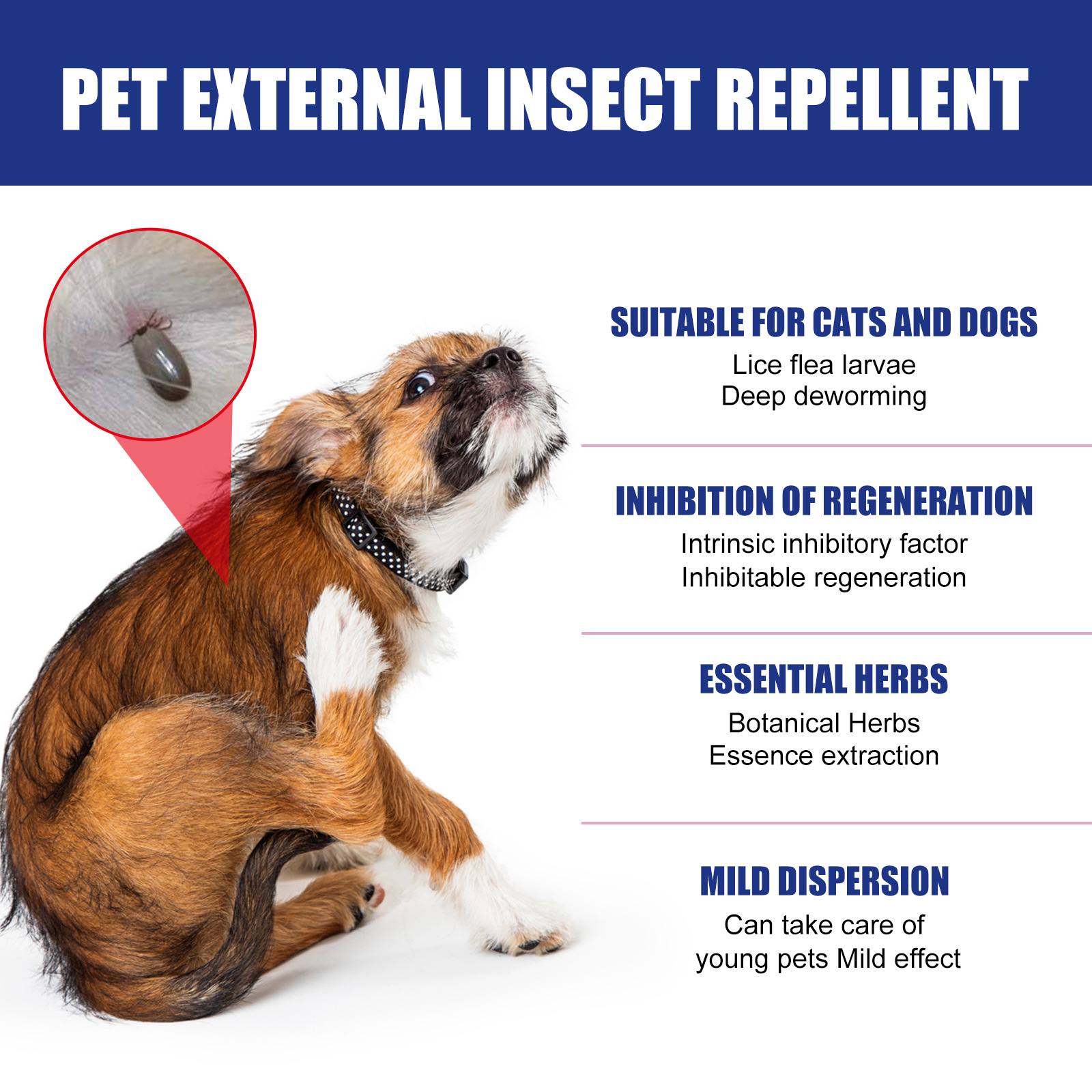Understanding Grief After Losing a Pet: A Comprehensive Guide to Healing and Coping
#### Description:Losing a beloved pet can be one of the most heart-wrenching experiences in life. The bond we share with our furry companions is often profo……
#### Description:
Losing a beloved pet can be one of the most heart-wrenching experiences in life. The bond we share with our furry companions is often profound, and the grief after losing a pet can feel overwhelming. This guide aims to explore the depths of this grief, offering insights and strategies for coping with the loss of a pet, while also providing a supportive community for those navigating this painful journey.
#### Understanding Grief After Losing a Pet
Grief is a natural response to loss, and it manifests differently for everyone. When a pet passes away, the grief can be particularly intense because pets often serve as our companions, confidants, and family members. The emotional pain can lead to feelings of loneliness, sadness, and even guilt. Understanding that these feelings are valid is the first step in the healing process.
#### The Stages of Grief

Many people are familiar with the five stages of grief: denial, anger, bargaining, depression, and acceptance. While these stages are commonly associated with human loss, they equally apply to the grief after losing a pet. You may find yourself fluctuating between these stages, sometimes experiencing multiple stages simultaneously. Recognizing these stages can help you understand your emotions better and remind you that healing takes time.
#### Coping Mechanisms for Grief After Losing a Pet
1. **Allow Yourself to Grieve**: One of the most important things you can do is to allow yourself to feel your emotions. Cry if you need to, share stories about your pet, and don’t shy away from expressing your sadness.
2. **Create a Memorial**: Honoring your pet’s memory can be a therapeutic way to cope with your loss. Consider creating a scrapbook, planting a tree, or holding a small memorial service. These acts can provide a sense of closure and allow you to celebrate the joy your pet brought into your life.

3. **Seek Support**: Talking to friends or family who understand the bond you had with your pet can be incredibly helpful. You might also consider joining a support group for pet loss, either in-person or online. Sharing your experience with others who have gone through similar losses can provide comfort and validation.
4. **Consider Professional Help**: If your grief feels too heavy to bear, don’t hesitate to seek professional help. Therapists who specialize in pet loss can offer guidance and coping strategies tailored to your situation.
5. **Engage in Self-Care**: During this difficult time, it’s essential to take care of yourself. Engage in activities that bring you joy, such as going for walks, practicing mindfulness, or spending time with loved ones.
#### Moving Forward After Grief

While the pain of losing a pet may never fully disappear, it can become more manageable over time. As you work through your grief, you may find that the memories of your pet bring you comfort rather than pain. It’s important to remember that it’s okay to feel joy again and to eventually consider welcoming another pet into your life when you feel ready.
#### Conclusion
Grief after losing a pet is a deeply personal journey that requires time, patience, and understanding. By acknowledging your feelings, seeking support, and honoring your pet’s memory, you can navigate this challenging experience. Remember, you are not alone, and there is a community of fellow pet lovers who understand and support you through this difficult time. Embrace the love and joy your pet brought into your life, and allow yourself to heal at your own pace.